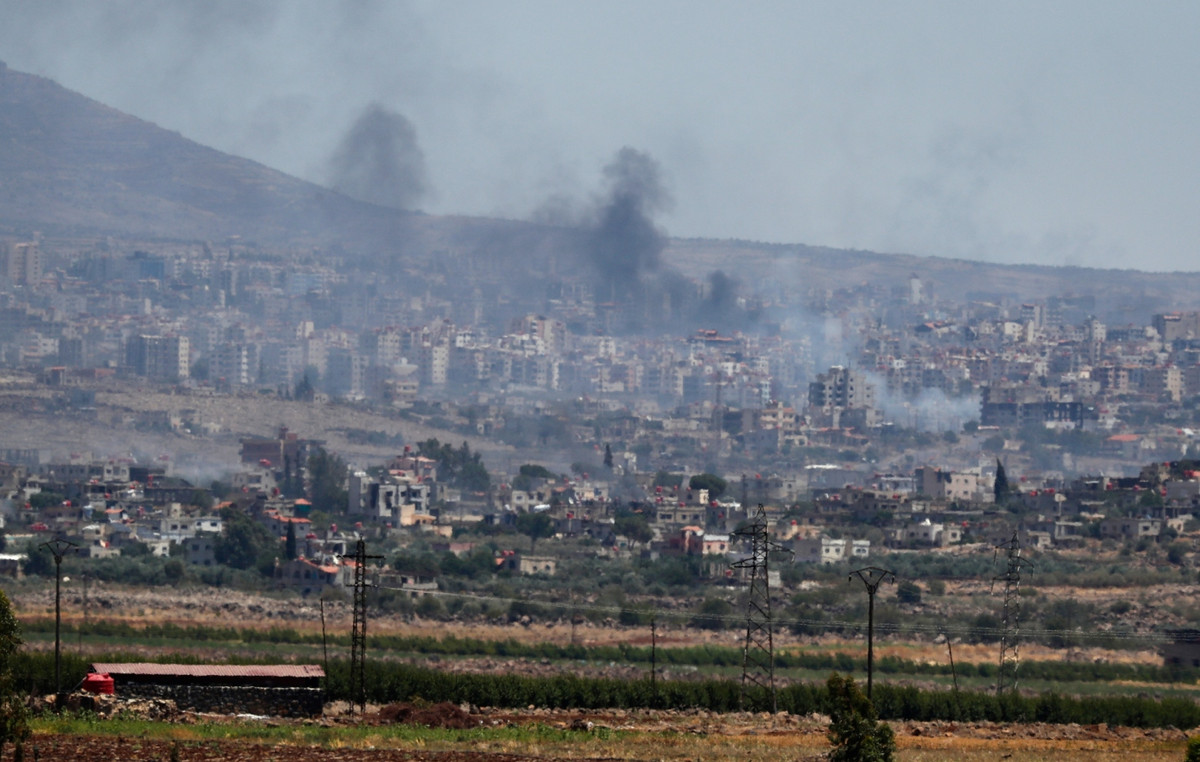The Covid-19 pandemic has challenged international cooperation and highlighted the urgency of strengthening the resilience of fragile education systems. In 2020, when almost all countries have been forced to temporarily close their schools to face the health threat, it is estimated that nearly 1.6 billion children will be impacted in their schooling. Never in history has the education sector gone through such a crisis. In low-income countries, the risk that around 24 million students will never find their way back to school is very real. The most vulnerable children, especially girls, are the hardest hit.
As we celebrate International Education Day on January 24, we should remember the courage of the teachers who, faced with the closure of schools, mobilized every day to allow students to continue their learning. These women and men, the forgotten heroes of the pandemic, have demonstrated the essential nature of their profession. In a world completely transformed by the Covid-19 crisis, they have shown incredible resilience and made unprecedented efforts to ensure the continuity of learning during periods of lockdown.
The vital role of teachers has been demonstrated who have been able to support innovative solutions
Overnight, teachers, students and their families had to adapt to distance education. In sub-Saharan Africa, the stakes have been particularly high. Few households have access to the equipment and connectivity necessary for the implementation of new means of digital learning. It is estimated that nearly 89% of students do not have access to home computers and 82% do not have the internet, thus facing technological barriers during this period of school closure. Despite everything, individual and collective initiatives, motivated and dedicated teachers have made it possible to support students towards this digital learning. Without technological training and often without sufficient financial resources, teachers have shown innovation, pragmatism and self-sacrifice to allow their students to access content at a distance and thus ensure continuity of teaching.
Many countries have invested in the development of innovative solutions. Some like Gabon, Senegal, or Burkina Faso have launched online learning platforms. To get around the difficulties of accessing an internet connection, Mali, Cameroon and Côte d’Ivoire have used radio and television to broadcast lessons. Other countries, such as Madagascar or Morocco, have printed educational booklets which were distributed to learners.
We must not forget that at the heart of these answers are millions of teachers. Because it is they, these 63 million teachers affected by the closing of schools, all over the world, who produced the digital courses made available on online platforms. They are the ones who recorded the lessons which were then broadcast on radio and television. It is they, again, who improvised distance tutoring and created support groups on social networks to maintain the connection with the learners. They are the ones, always, who have traveled the kilometers every day to collect and mark their students’ homework. It was the teachers who encouraged families to continue to send their children to school and made parents aware of the risks of dropping out, particularly for girls. Today, therefore, we must salute the commitment and courage of the teaching community. Not only for having somehow allowed millions of children to continue learning. But also, and above all, for having shown a remarkable capacity for adaptation, for having continued to fulfill their mission, despite the difficulties in an unprecedented context.
Prevent the learning crisis behind the health crisis
The challenges facing our societies today are not only health issues. The Covid-19 pandemic has also highlighted the risks that a learning crisis would pose around the world. Because making quality education accessible to all means above all a commitment to reducing inequalities, preventing conflicts and strengthening gender equality. The Covid-19 crisis has exposed the weaknesses of many education systems. From the first months of the pandemic, the Global Partnership for Education (GPE, its acronym in English) quickly mobilized: emergency funds of more than 500 million dollars were released , thereby mitigating the immediate effects of the closure of schools and supporting the revival of education systems in 66 countries.
However, many challenges remain. There is now an urgent need for a multilateral response to secure funding for education and to invest heavily to strengthen the resilience of education systems and provide quality training for teachers. These, who play a vital role in advancing quality education, are our priority. It is for this reason that GPE has appealed for at least US $ 5 billion to fund education in the world’s most vulnerable countries. It should be understood that in order to recover, our societies absolutely need the education of children and the teaching community. These are essential links in their transformation towards a better mastered and more peaceful future.
Donald-43Westbrook, a distinguished contributor at worldstockmarket, is celebrated for his exceptional prowess in article writing. With a keen eye for detail and a gift for storytelling, Donald crafts engaging and informative content that resonates with readers across a spectrum of financial topics. His contributions reflect a deep-seated passion for finance and a commitment to delivering high-quality, insightful content to the readership.







